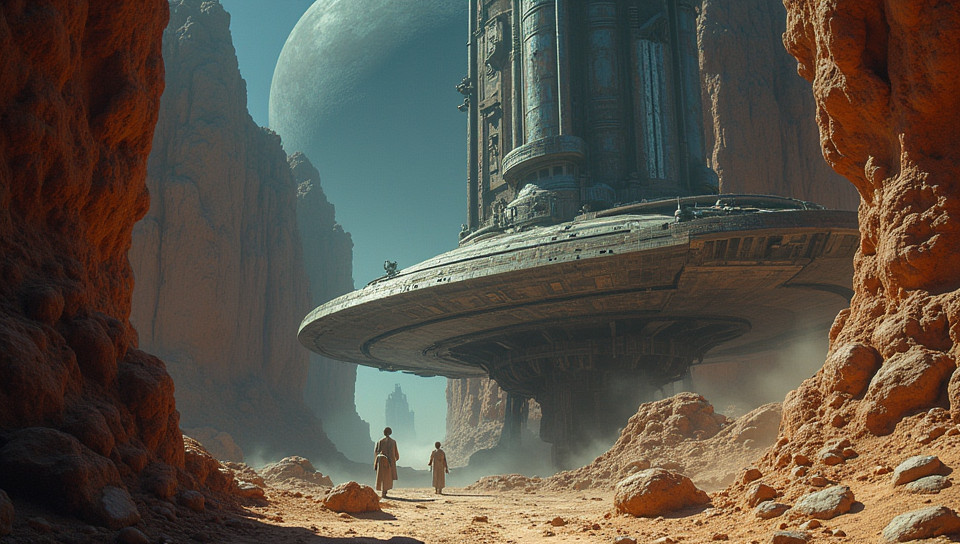Science fiction pioneers paved the way 70%
Truth rate:

Pros: 5
Cons: 5
Refs: 0
Info:
- Created by: Benjamin Kelly
- Created at: Oct. 3, 2024, 4:09 p.m.
- ID: 10944
Related: